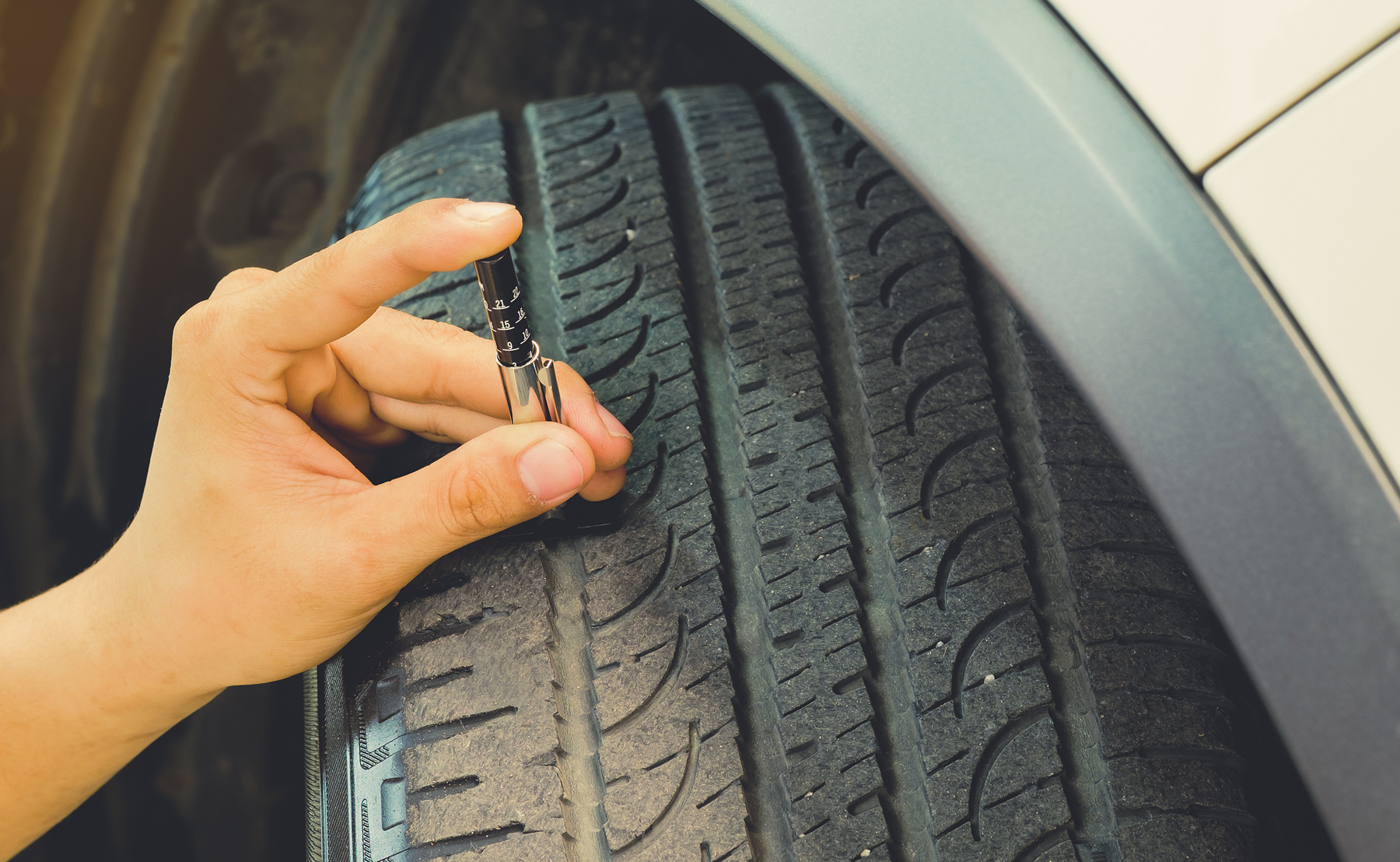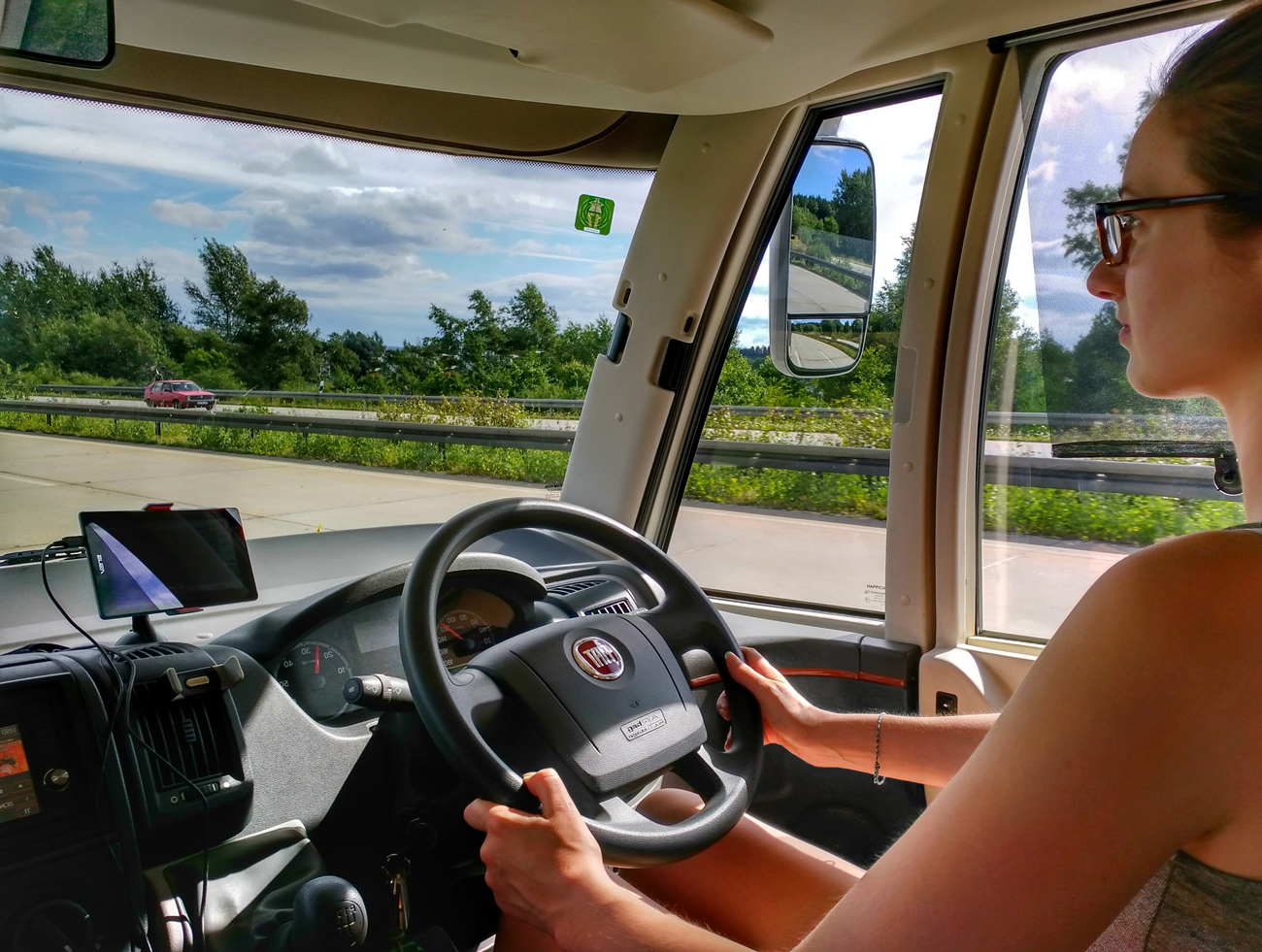Despite having all the correct cover such as horsebox insurance, transporting a horse can be stressful even at the best of times. But what happens if you’re involved in an accident? Would you know the best way to help your equine friend?
There are many potential risks when moving your horse in a horsebox or trailer. You could be involved in a collision.
You could skid on wet roads or swerve because of high winds, or a blown tyre. Regardless of what causes the accident, taking the right safety steps can make a crucial difference in protecting your horse from further injury.
What are the common causes of horsebox accidents?
Road traffic accidents are one of the most feared things among horsebox drivers.
Given the size of the vehicles and their precious occupants, it’s no surprise that vital actions like braking and manoeuvring are difficult to achieve effectively in an emergency situation.
Some of the common causes of horsebox accidents include:
- Behaviour of the horse – horses showing signs of anxiety can act dangerously including rearing, falling, kicking out and getting trapped under bars/partitions.
- Excessive speed causing overturning – it’s important to follow the correct speed limits of your vehicle, particularly when you’re travelling downhill.
- Horsebox instability – check your horsebox inside and out before every journey. The body of the horsebox, the floor and ramp, wheels, lights and payload all need to be safe and in good working order.
- Tyre malfunctions – remember to check your tyres to prevent tyre blowouts or skidding in wet weather.
- Driver tiredness or lack of awareness – driving a large vehicle requires care and attention. Horseboxes not only handle differently from normal cars but they’re also a lot bigger – low bridges can be a particular unexpected problem. Don’t let an early start or a long journey end in disaster.
Transporting horses in an underinsured horsebox can be dangerous and can leave you and other road users at risk if the worst occurs.
Ensure you have adequate horsebox insurance for your vehicle and horse insurance for your animal before setting out.

The dos and don’ts of horsebox accidents
If you’re involved in a road accident with your horsebox then:
Don’t rush into the horsebox. Even though you’ll want to check on your animal, rushing in could cause further injury to both you and the horse if it gets startled.
Don’t open up doors, windows or ramps. A stressed horse could try to escape and make the situation even more dangerous, both for you and other road users.
Do try to stay calm as this will reassure your horse and help you to think more clearly.
Do approach the trailer slowly and try to assess the condition of your horse from outside.
Don’t delay in calling the emergency services and asking for the animal rescue team.
Don’t try to handle everything on your own.
Do call your own vet if you’re not far away from home. If you’re further away, inform the emergency services and they’ll contact an equine vet if necessary.
Do keep your horse calm if you can. The emergency services may use heavy sedation or anaesthesia to rescue the horse in a safe manner. This works most effectively if there’s the least amount of adrenaline in the horse’s system. The more stress and panic, the more adrenaline is released and the less effective the sedation will be.
Do give the attending animal rescuers all the information they need including:
- Breed, age, sex
- Normal behaviour
- Medical history and any current conditions
- Dislikes such as an aversion to blindfolds etc
- The preferred destination for the horse after rescue
Do consider your safety and those around you as your horse will not behave in the way that you might be accustomed to. Remember a panicky horse can be a dangerous horse.
Do follow normal road traffic accident procedures if there’s another vehicle or person involved.
Do record any damage caused to the vehicles and take photos of the accident scene and any damage with your camera phone if you have one.
Do obtain the details of anyone else involved, including their names, addresses, vehicle make and model and insurance provider.
Do establish names, addresses and contact numbers if there are any witnesses.
Do contact your horsebox insurance provider as soon as possible after the accident.
Horsebox driver training
If you drive a horsebox then UK law requires you hold a specific licence demonstrating that you have the skills and knowledge to do it correctly and safely. Licensing classifications are as follows:
- Vehicles up to 3.5 tonnes towing a horsebox trailer – class B+E licence
- All horseboxes up to 7.5 tonnes – class C1 licence
- Vehicles up to 7.5 tonnes towing a horsebox trailer – class C1+E licence
- Fixed horsebox units over 7.5 tonnes – class C licence
If you drive a horsebox without the correct licence it’s not only illegal, it’s also unsafe for you and other road users. By earning your licence, you’re proving you know how to drive these large vehicles safely.
Unfortunately, no amount of training can prevent every horsebox accident, but targeted training can help you avoid accidents and act decisively when the unexpected occurs.

Find specialist horsebox insurance at Equesure today
Whether you own a 3.5 tonne horsebox or you’re looking to upgrade to a larger vehicle, the specialist team at Equesure can help you find the right insurance cover for your needs.
The team has over 60 years of combined experience in the horsebox insurance market, finding cover for models by Equi-Trek, Empire, Ifor Williams, Alexanders and many more.
Obtaining insurance through Equesure can give you a range of benefits including breakdown cover, so you don’t need to worry about getting stranded if your horsebox breaks down on a potentially dangerous road.
Other benefits can also include:
- Limited mileage discounts
- Windscreen cover on comprehensive policies
- Personal accident cover on comprehensive policies
In addition you’ll also need dedicated horse insurance for your equine companion and horse rider insurance to protect yourself and others while out riding.
Getting a horsebox insurance quote is straightforward with Equesure.
Policy benefits, features and discounts offered may very between insurance schemes or cover selected and are subject to underwriting criteria. Information contained within this article is accurate at the time of publishing but may be subject to change.





